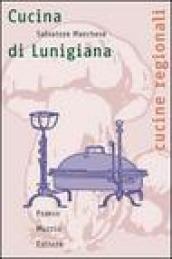
Cucina di Lunigiana
Salvatore Marchese,
Marco Guarnaschelli Gotti
La cucina della Lunigiana: Dal porto di Luni (città fondata nel 177 a. C.) partivano i preziosi "marmi lunensi" che fecero grande la Roma imperiale di Augusto; e lì arrivavano il garum (salsa di pesce fermentato) e le merci di tutto il Mediterraneo dando il via a una direttrice di traffico che poi avrebbe avuto in Lerici e Portovenere (e La Spezia ancora più tardi) i punti di riferimento. E con la storia di Luni inizia anche la storia della gente di Lunigiana. Il cibo - i testaroli, le castagne, le torte - è parte integrante e insostituibile. Quasi che fosse stato idealmente affidato alla gente di Lunigiana il compito di perpetuarne la testimonianza attraverso i secoli. From the port of Luni (town founded in 177 BC) left the precious "marbles luni" who made great Imperial Rome of Augustus; and there came the garum (fermented fish sauce) and goods from all over the Mediterranean giving way to a traffic direction that then would have had in Lerici and Portovenere (La Spezia again later) reference points. And with the history of Luni begins the story of the people of Lunigiana. The food-the testaroli, chestnuts, pies--is an integral and irreplaceable. Almost as if it were ideally entrusted to people of Lunigiana tasked to perpetuate the testimony throughout the ages.
Prodotto fuori catalogo
Dettagli Libro
- Titolo: Cucina di Lunigiana
- Autore: Salvatore Marchese, Marco Guarnaschelli Gotti
- Curatore:
- Traduttore:
- Illustratore:
- Editore: Franco Muzzio Editore
- Collana: CUCINE REGIONALI
- Data di Pubblicazione: 2004
- Pagine: 322
- Formato:
- ISBN: 9788874130733
- Cucina - Cucina
Libri che ti potrebbero interessare
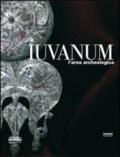
Iuvanum. L'area archeologica
Staffilani Patrizia, Tulipani Luciana, Lapenna Sandra
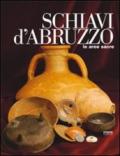
Schiavi d'Abruzzo. Le aree sacre
Laregina Adriano, Aquilano Davide, Lapenna Sandra
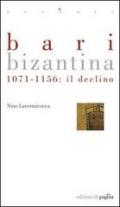
Bari bizantina. 1071-1156 il declino
Nino Lavermicocca
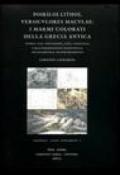
Poikiloi lithoi, versiculores maculae: i...
Lorenzo Lazzarini
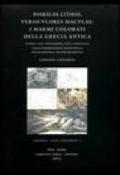
Poikiloi lithoi, versiculores maculae: i...
Lazzarini Lorenzo

La Magna Grecia. Paesaggi e storia
Lenormant François

Gli etruschi. L'età aurea della civilt�...
Giulio C. Lensi Orlandi Cardini
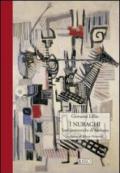
I nuraghi. Torri preistoriche di Sardegn...
Giovanni Lilliu

I beni archeologici di Monte Gallo. Cart...
Mercadante Francesca, Lo Cascio Pippo

UTHINA. APPLICAZIONI INFORMATICHE PER UN...
Locci M. Carmen
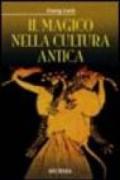
Il magico nella cultura antica
Georg Luck
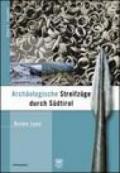
Archaeologische Streifzuege durch Südti...
Lunz Reimo






